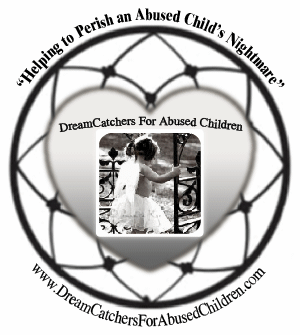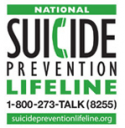Strategies for Prosecuting Child Sexual Abuse
 The impact of sexual assault on a victim is devastating and the effects are long lasting. Victims of child sexual abuse may suffer physical injury, depression, self-destructive behavior, anxiety, feelings of isolation and stigma, shame, poor self-esteem, difficulty in trusting others, a tendency toward re-victimization, substance abuse, and sexual maladjustment. When the perpetrator is a family member, victims often suffer the emotional scars of guilt, betrayal and fear as well. Despite the volume of research and literature addressing sexual abuse perpetrated against a child by a family member, individuals inside and outside of the criminal justice system continue to misperceive common dynamics, misunderstand victim behavior and minimize offender dangers. Judges and juries unfamiliar with the dynamics of sexual assault may overlook offenders’ grooming tactics or misperceive common victim reactions to abuse as evidence of the victim’s lack of credibility. Prosecutors handling these cases face unique challenges. The following 10 strategies will help prosecutors prepare and litigate cases of sexual abuse perpetrated against a child by a family member. READ MORE HERE
The impact of sexual assault on a victim is devastating and the effects are long lasting. Victims of child sexual abuse may suffer physical injury, depression, self-destructive behavior, anxiety, feelings of isolation and stigma, shame, poor self-esteem, difficulty in trusting others, a tendency toward re-victimization, substance abuse, and sexual maladjustment. When the perpetrator is a family member, victims often suffer the emotional scars of guilt, betrayal and fear as well. Despite the volume of research and literature addressing sexual abuse perpetrated against a child by a family member, individuals inside and outside of the criminal justice system continue to misperceive common dynamics, misunderstand victim behavior and minimize offender dangers. Judges and juries unfamiliar with the dynamics of sexual assault may overlook offenders’ grooming tactics or misperceive common victim reactions to abuse as evidence of the victim’s lack of credibility. Prosecutors handling these cases face unique challenges. The following 10 strategies will help prosecutors prepare and litigate cases of sexual abuse perpetrated against a child by a family member. READ MORE HERE
Prosecuting Child Sexual Abuse (PDF)
Childhood sexual abuse prosecution
Prosecution of child sexual abuse: which cases are accepted?
Child sexual abuse laws in the United States
Filing a Civil Lawsuit for Child Sexual Abuse
---------------------------------------------
By the time you finish reading this, 15 children will have been abused; In the next five minutes, 30 more; Within the next hour, 360 more; And by tonight, close to 8,000+ children will have suffered from abuse, 5 of which will die. Child abuse has increased 134% since 1980 and is now considered a worldwide epidemic. The high jump in child abuse deaths and the shocking increase in statistics highlights the frightening lack of public knowledge.
Educate Yourself -- Learn the Facts
It May Just Save a Child's Life!!


















![Validate my RSS feed [Valid RSS]](http://dreamcatchersforabusedchildren.com/wp-content/uploads/2009/10/valid-rss.png)












